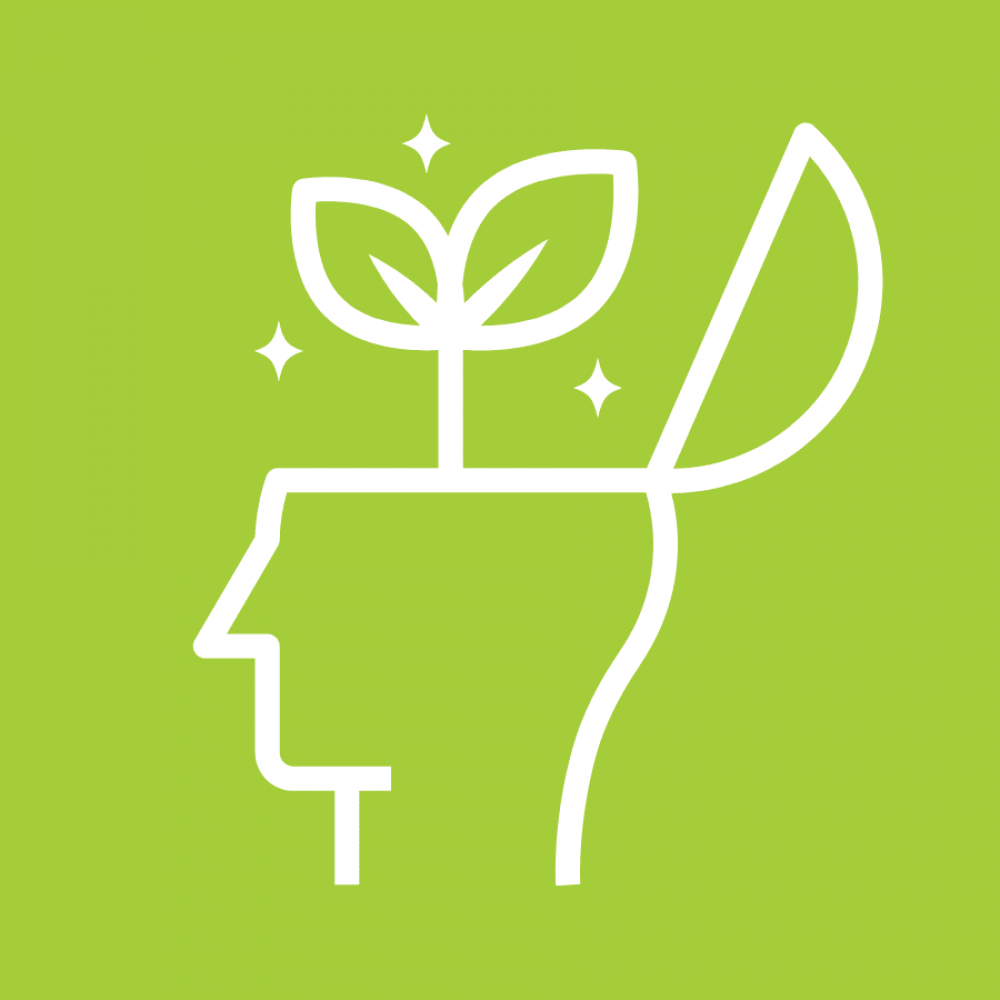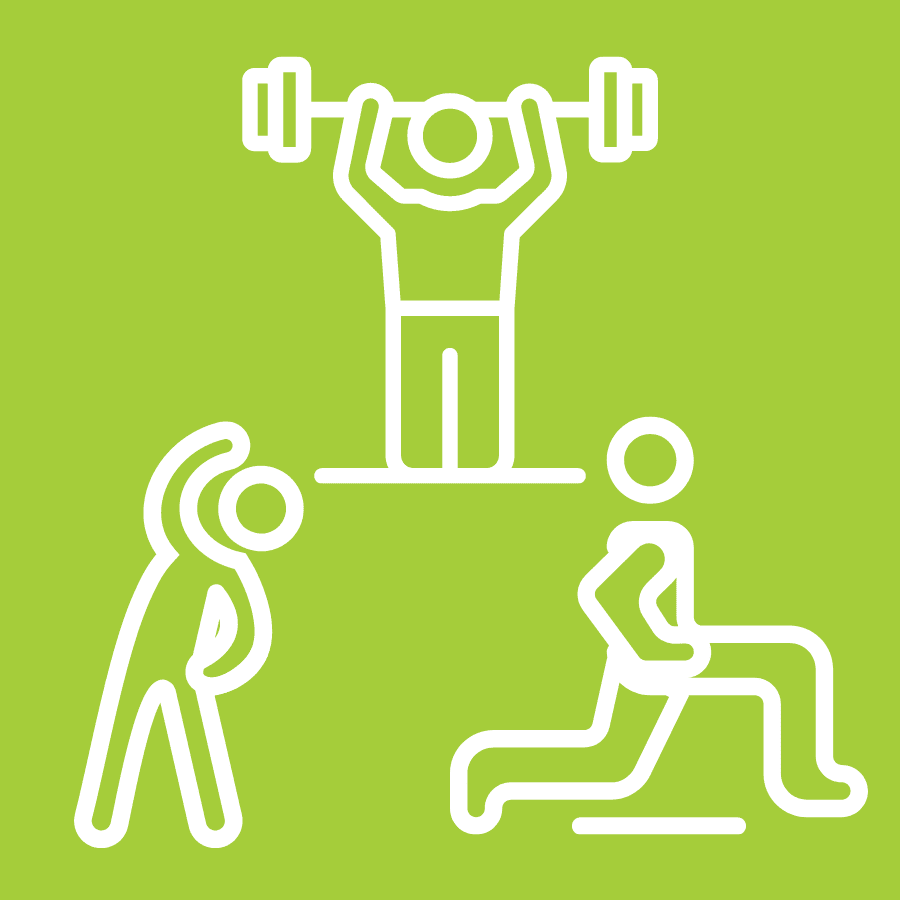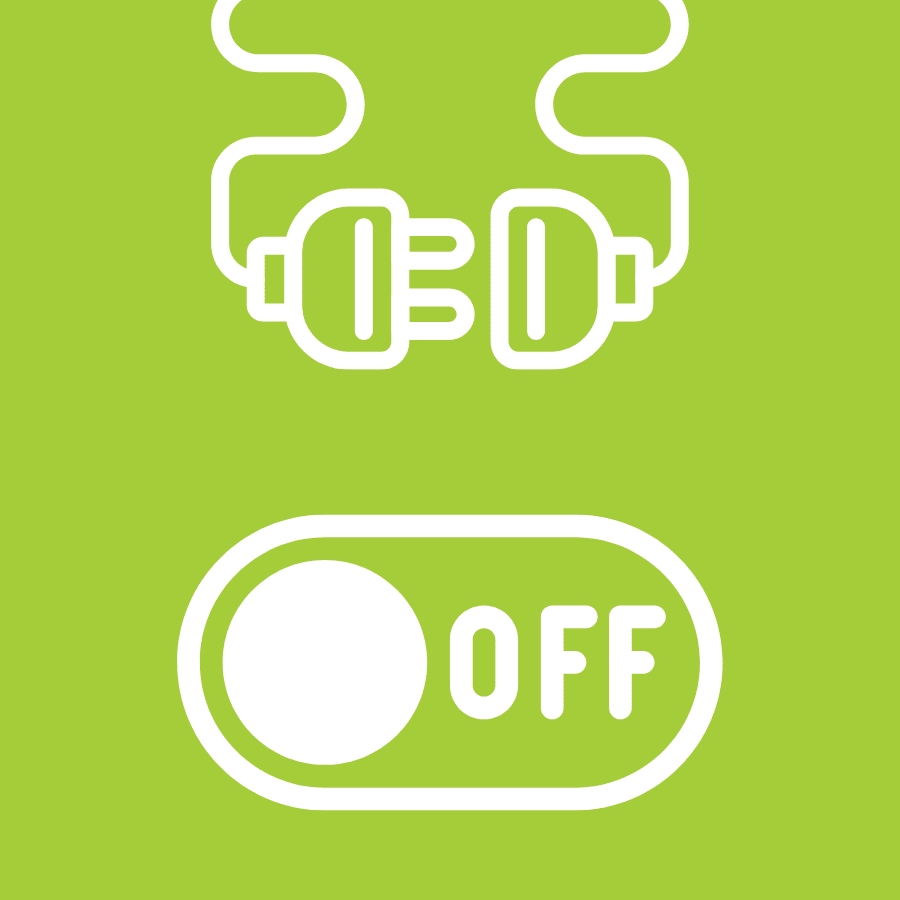Cultivate Delight with Daily Mindset Practices

Maintaining a positive mindset is like having a daily shower for your thoughts. Just as you wouldn’t skip a shower to keep yourself clean, it’s important to cultivate daily mindset practices to keep your thoughts and perspective fresh and positive. Daily mindset practices help us embrace a growth mindset, focus on positive experiences, and develop habits that support a healthy mindset.
In this blog, we will explore the power of a positive morning routine, the practice of gratitude in everyday life, the role of journaling as a tool for mindful reflection, the impact of physical activity on mindset, and the importance of nourishing our bodies to nurture our minds. These practices, when integrated into our daily lives, can help us cultivate delight and maintain a positive mindset.
Whether you’re just starting to prioritize your mindset or looking to enhance your existing practices, this blog will provide insights and actionable tips to support your journey towards a more positive and growth-oriented mindset.
The Power of a Positive Morning Routine
Starting your day on a positive note sets the tone for the rest of the day. A positive morning routine can help you cultivate a growth mindset, build resilience, and create a sense of calm. By prioritizing mindset habits first thing in the morning, you invest in your mental well-being and equip yourself to face the challenges of the day with a positive mindset. Let’s explore some strategies for crafting a morning ritual that supports your success and gratitude.

Crafting a morning ritual for success
Crafting a morning ritual that promotes success and gratitude is a powerful way to start your day. Here are some strategies to consider:
- Begin with gratitude: Take a few minutes to express gratitude for the blessings in your life. Write down three things you’re grateful for or simply reflect on them. This could be anything from a friend’s kind words, to the smell of fresh fruit in your kitchen.
- Set intentions: Visualize your goals and aspirations for the day. Set positive intentions that align with your values and desired outcomes.
- Practice affirmations: Affirmations are positive statements that help rewire your mindset. Choose affirmations that resonate with you and say them out loud with conviction.
- Breathwork: Deep breathing exercises can help calm your nervous system and promote a sense of relaxation. Take a few moments to engage in mindful breathing before starting your day.
- Mindful activities: Engage in activities such as stretching, yoga, or savoring a cup of tea mindfully. Pay attention to the sensations, smells, and flavors to fully immerse yourself in the present moment.
Embracing Gratitude for Everyday Moments
Practicing gratitude is a powerful mindset habit that allows us to shift our focus from what’s going wrong to what’s going well in our lives. By embracing gratitude for everyday moments, we invite more positivity and appreciation into our lives. Let’s explore some simple exercises to foster gratitude daily and understand how gratitude can shift our mindset and perspective.

How gratitude shifts your mindset and perspective
Gratitude is a powerful mindset practice that can transform our perspective and enhance our emotional intelligence. When we practice gratitude, we shift our focus from scarcity to abundance, from negativity to positivity. This shift in mindset opens up new possibilities and allows us to approach challenges with a more optimistic and resilient attitude. By cultivating gratitude as a daily habit, we train our minds to seek out and appreciate the positive aspects of life. This not only improves our overall well-being but also deepens our emotional intelligence and strengthens our relationships with others.
Journaling as a Tool for Mindful Reflection
Journaling is a powerful tool for self-reflection, self-discovery, and mindfulness. It allows us to explore our thoughts, emotions, and experiences in a safe and non-judgmental space. By incorporating journaling into our daily routine, we create a space for introspection and cultivate a deeper understanding of ourselves. Let’s explore the benefits of starting a journaling habit and techniques to enhance mindfulness through journaling.

Starting a journaling habit
Starting a journaling habit is a powerful way to embark on a journey of self-discovery. Here are some tips to help you get started:
- Set aside dedicated time: Carve out a specific time each day to journal. It could be in the morning, before bed, or during a lunch break. Consistency is key.
- Choose a journaling style: Explore different journaling styles such as free-writing, gratitude journaling, or prompts-based journaling. Find a style that resonates with you and allows for self-expression.
- Embrace a growth mindset: Treat journaling as an opportunity for growth and self-reflection. Embrace the process of uncovering new insights and perspectives about yourself and your experiences.
There are lots of options online for guided journals which are a great way to begin a journaling practice. We have also created a small journal prompt bookmark for you to incorporate as a free alternative.

Techniques to enhance mindfulness through journaling
Journaling can enhance mindfulness by fostering self-awareness and reflection. Here are some techniques to enhance mindfulness through journaling:
- Stream of consciousness: Write freely without judgment or editing. Allow your thoughts to flow onto the paper, observing them without attachment.
- Reflective questions: Pose reflective questions to yourself and explore your thoughts and emotions in response. This helps deepen self-awareness and encourages introspection.
- Gratitude journaling: Dedicate a section of your journal to gratitude. Write down things you’re grateful for and reflect on the positive experiences and blessings in your life.
- Mindful prompts: Use prompts related to mindfulness or self-discovery to guide your journaling practice. These prompts can help you explore specific aspects of your mindset and experiences.
The Role of Physical Activity in a Positive Mindset
Physical activity is not only beneficial for our physical health but also plays a significant role in maintaining a positive mindset. Engaging in regular exercise can boost our mood, reduce stress, and promote mental clarity. Let’s explore the importance of integrating movement into our daily lives and how yoga and mindfulness can be a perfect match for mental wellness.

Integrating movement into your day for mental clarity
Integrating movement into your daily routine is essential for maintaining mental clarity and a positive mindset. Here are some ways to incorporate physical activity into your day:
- Morning exercise: Start your day with some form of physical activity, such as walking, jogging, or a workout routine. This helps energize your body and mind for the day ahead.
- Active breaks: Take short breaks throughout the day to stretch, walk, or engage in quick exercises. This helps refresh your mind, reduce stress, and improve productivity.
- Outdoor activities: Spend time outdoors and engage in activities like hiking, cycling, or gardening. Connecting with nature and being active boosts your mood and overall well-being.
- Evening relaxation: Wind down in the evening with gentle exercises or relaxation techniques like yoga or tai chi. This promotes relaxation, reduces tension, and prepares you for a restful sleep.
By integrating movement into your day, you support your mental clarity, reduce stress, and foster a positive mindset.
Yoga and mindfulness: A perfect match for mental wellness
Yoga and mindfulness go hand in hand when it comes to promoting mental wellness and cultivating a positive mindset. Here’s why they are a perfect match:

- Mind-body connection: Yoga combines physical movement with mindful awareness, allowing you to connect with your body and quiet the mind.
- Stress reduction: The breath-focused and gentle movements in yoga help activate the body’s relaxation response, reducing stress and promoting a sense of calm.
- Self-reflection: Yoga encourages self-reflection and introspection, fostering a deeper understanding of oneself and promoting self-compassion.
- Mindful movement: Practicing yoga mindfully allows you to stay present, focused, and fully engaged in the present moment.
By incorporating yoga and mindfulness into your routine, you support your mental wellness, cultivate a positive mindset, and nurture a deep sense of inner peace.
Mindfulness in the Workplace
Starting your workday with intention can set a positive tone for the hours ahead. Ending with a moment of reflection allows you to assess and appreciate the day’s challenges and accomplishments. Techniques like mindful breathing and quick grounding exercises can help you stay centered amidst workplace stressors. Overcoming common challenges, such as distractions or time constraints, can be managed with strategies tailored to fit into your work routine seamlessly. By cultivating a mindful mindset at work, you enhance productivity and foster a more harmonious work environment.

Starting with Intention
Set your tone for the day with a clear intention. Define what you aim to achieve and how you want to feel. By starting mindfully, you prepare yourself for a day filled with purpose and positivity. Intention setting can align your actions with your values, enhancing productivity and satisfaction. Incorporate this simple practice into your daily mindset routine to cultivate a focused and intentional mindset. Beginning your day with a clear intention sets a positive tone for all that follows. Make it a valued part of your morning routine.
Ending with Reflection
Reflecting on your day’s experiences is a powerful way to wrap up your daily mindset practice. Taking a few moments to acknowledge your wins, challenges, and emotions can help you cultivate a positive mindset. By ending your day with reflection, you set the stage for personal growth and emotional intelligence. Consider journaling about your day, practicing gratitude, or simply meditating on your thoughts. Embracing this reflective practice can enhance your overall well-being and mindset resilience, paving the way for a more fulfilling tomorrow.
Techniques for cultivating a more mindful mindset at work
Practice deep breathing exercises to center yourself during the workday. Set aside time for short mindfulness sessions to refocus. Use positive affirmations to boost your confidence and motivation. Implement small breaks for quick walks or desk stretches. Stay present by actively listening to colleagues. Engage in visualizations to reduce stress and increase productivity. Try incorporating gratitude practices into your work routine for a more positive outlook.
Digital Detoxing for Mental Clarity
In today’s digital age, it’s easy to become overwhelmed and distracted by the constant presence of screens in our lives. Engaging in regular digital detoxes can be incredibly beneficial for our mental clarity and overall well-being.

A digital detox involves taking intentional breaks from screens, such as smartphones, computers, and televisions, to reduce the negative effects of excessive screen time. It allows us to recharge, refocus, and reconnect with the present moment.
By disconnecting from technology, we create space for introspection, creativity, and self-care. We can engage in activities that promote relaxation and mindfulness, such as reading a book, spending time in nature, or practicing meditation. Digital detoxing helps us find balance in our increasingly digital world and cultivates mental clarity.
The benefits of unplugging and how to start
Unplugging from technology offers numerous benefits for our mental well-being. Here are some of the advantages of incorporating regular digital detoxes into your routine:
- Increased mental clarity: Taking breaks from screens allows our minds to rest and recharge, leading to improved focus and mental clarity.
- Reduced stress and anxiety: Disconnecting from technology can help reduce the constant stimulation and information overload that often contribute to stress and anxiety.
- Improved sleep quality: Exposure to screens before bed can disrupt our sleep patterns. Unplugging before bedtime promotes better sleep quality and overall well-being.
Here are three ways to start unplugging and incorporating digital detoxes into your life:
- Set aside dedicated screen-free time each day, such as during meals or an hour before bed.
- Create a technology-free zone in your home, such as the bedroom or living room.
- Engage in activities that do not involve screens, such as reading, spending time in nature, or practicing mindfulness.
By gradually integrating these practices into your routine, you can experience the numerous benefits of unplugging and cultivate a healthier relationship with technology.

Conclusion
In conclusion, embracing daily mindset practices can truly transform your life. From crafting a positive morning routine to nurturing gratitude and engaging in mindful reflection, these practices pave the way for mental clarity and emotional well-being. By incorporating movement, mindful eating, and digital detoxing into your routine, you nourish both your body and mind. Remember, consistency is key in reaping the full benefits of these practices. So, start small, stay committed, and witness the delightful shift in your mindset and overall outlook on life. Cultivate delight in each day by prioritizing your mental wellness through these mindful practices.
Frequently Asked Questions
How can I start implementing daily mindset practices?
To start implementing daily mindset practices, try the following steps:
- Establish a consistent mindset routine by setting aside time each day, preferably first thing in the morning.
- Choose practices that resonate with you, such as affirmations, meditation, journaling, or visualizations.
- Embrace a growth mindset, understanding that these practices take time to become habits.
- Start small and gradually increase the complexity or duration of your practices to avoid overwhelm.
Can mindset practices really change my life?
Yes, mindset practices can have a profound impact on your life. By cultivating a positive and growth-oriented mindset, you can navigate challenges with resilience, improve your emotional intelligence, and create positive experiences in the face of adversity.
How much time should I dedicate to mindset practices each day?
The amount of time you dedicate to mindset practices each day depends on your preferences and schedule. Start with a few minutes and gradually increase the time as it becomes a daily habit. Find a balance that works for you and integrates seamlessly into your everyday life.
What if I struggle to maintain consistency in my practices?
Struggling to maintain consistency is common. To overcome this challenge, focus on consistency rather than perfection. Set reminders, establish a daily routine, and hold yourself accountable. Embrace resilience and understand that setbacks are a natural part of developing new habits. Keep going and celebrate small victories along the way.
Are there any resources you recommend for further reading on mindset practices?
Yes, there are several resources that can enhance your understanding and practice of mindset work. Recommended readings include “Mindset: The New Psychology of Success” by Carol Dweck, “The Power of Now” by Eckhart Tolle, and “Atomic Habits” by James Clear. These books offer valuable insights and practical strategies for cultivating a positive and growth-oriented mindset.